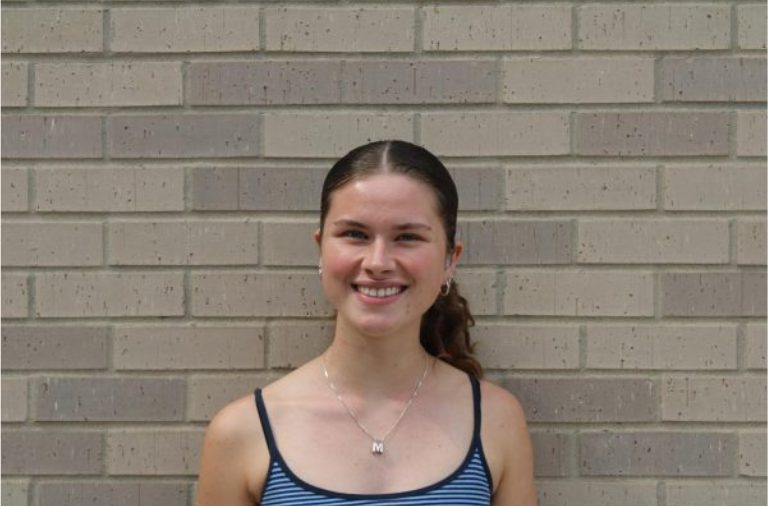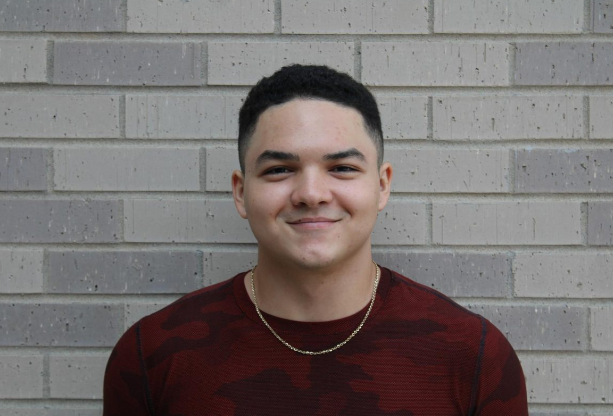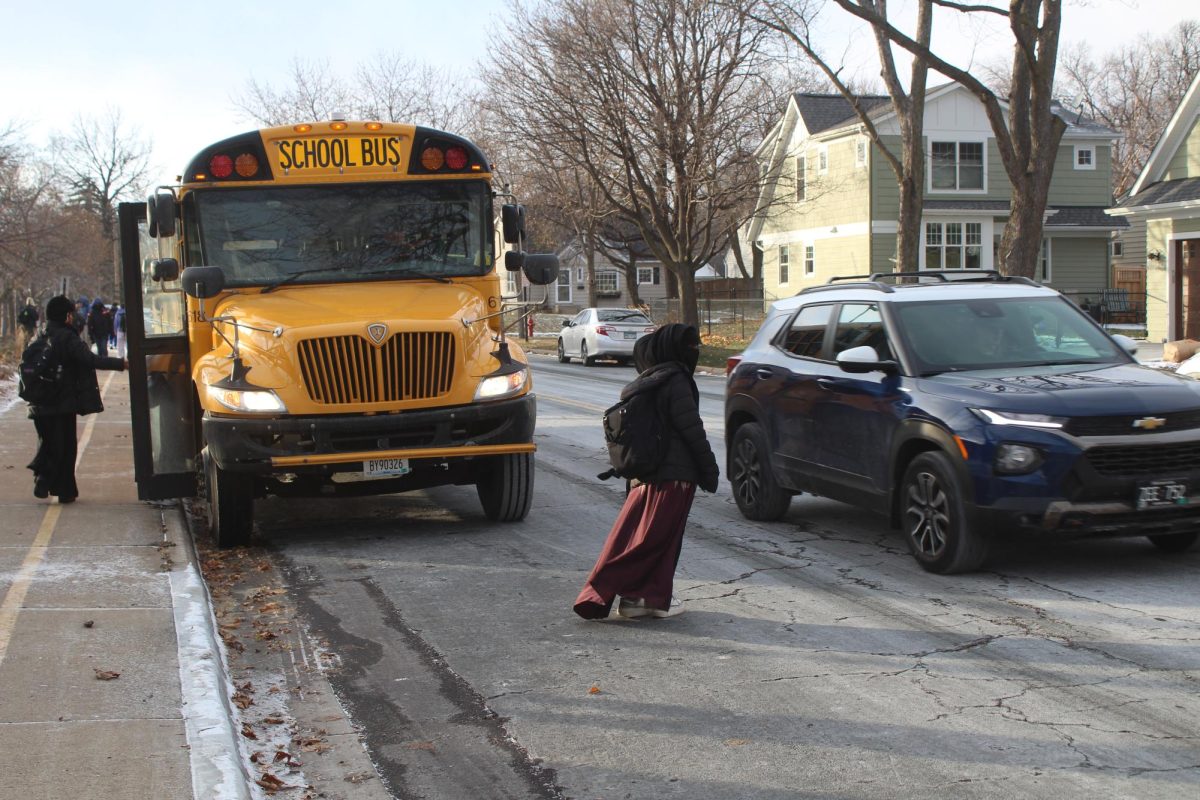In 2020, the FAFSA (the Free Application for Federal Student Aid) Simplification Act revised qualification standards for who is eligible for federal college student aid grants. Those changes are coming to FAFSA for the 2024-2025 school year. Starting in Dec. — pushed back from the usual Oct. 1 deadline — FAFSA has cut back the amount of questions on its application form, has required a new FAFSA ID account and has shifted eligibility to reflect income level instead of cash flow.
Effectively, the overhaul of FAFSA expands access to student aid packages to those often in need of it most — namely lower-income families and households beneath the federal poverty level. But FAFSA will now also better accommodate deprived groups, allowing institutions to adjust students’ eligibility based on circumstances like homelessness, loss of income or change of housing.
Additionally, the upcoming changes purge some questions on the FAFSA form about students’ past drug convictions and Selective Service registration, which ensures that no one is excluded from valuable aid, regardless of punishing technicalities. These legal roadblocks often keep out people who have committed only minor adolescent offenses or await full United States citizenship, unfairly barring them from pursuing higher education.
Pell Grants will be awarded automatically to families and single parents earning below the poverty line, with the largest aid packages aimed at those furthest in poverty. Higher earners still below the poverty level will receive the minimum grants. This approach is pragmatic and makes the most out of the grant assistance, and overall expands the eligibility of Pell Grants to let more students afford college.
The new FAFSA formulas will puncture Pell Grant aid for students or their parents making between $60,000 and $100,000, as well as reduce eligibility for family farms, small businesses and households with more than one enrolled child. However, individuals meeting these classifications will likely have enough income to afford college anyway.
These FAFSA changes altogether target groups who generally have disposable income to put away for college, and they allocate aid for students who would otherwise struggle to finance it. For seniors at Park preparing for their journey into college, the arrival of the FAFSA overhaul may make college more affordable or less financially burdensome, but for those hoping to get into college at all, FAFSA may make it outright possible. Hopefully many seniors this year will look into how FAFSA impacts them.










